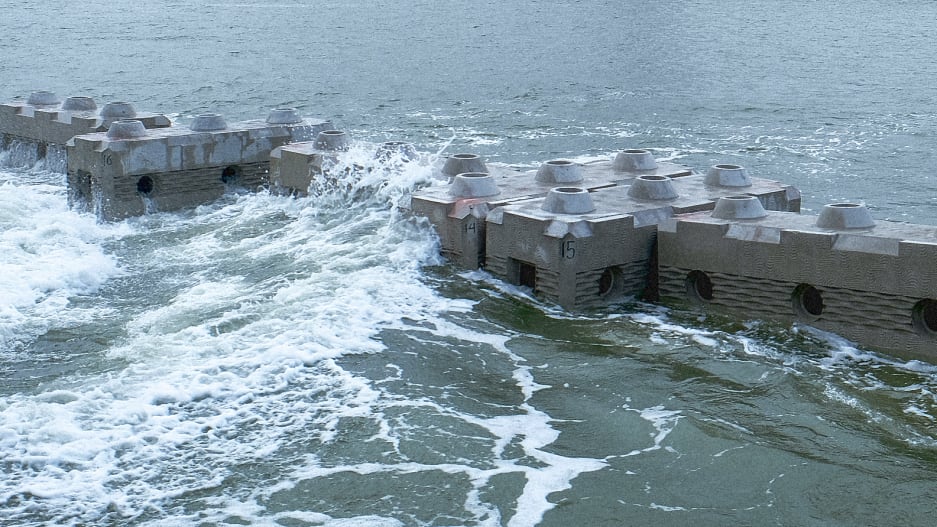An innovative project from Bournemouth university is happening off nearby shores in Dorset.
Due to diminishing marine life stocks in our seas the project, whereby 3d printed artificial reef blocks are placed on the sea bed, is helping replenish lost sea life using new habitats.
Bournemouth university in collaboration with other universities in Europe have blamed numerous phenomena such as climate change and overfishing for dangerously low levels of stocks, which is a hazard to the eco system.
Sam Greenhill, lead researcher at Bournemouth University said: “They have a range of benefits, firstly, natural reefs are one of the most varied eco systems on earth and they are quickly disappearing.”
He went on to explain the various factors for the demise, namely, overfishing, pollution, pathogenic diseases, and climate change.
The accusation that loss of habitats and marine life is caused by overfishing is backed up by official reports. It has been stated that the practise of bottom trawling has taken place in 98% of marine protected areas.

A spokesperson for the marine conservation society said: “Thousands of marine wildlife are caught and killed by UK vessels as ‘by catch’ every year but the true scale of the problem in the UK seas is unknown.”
However, Mike Roach, deputy chief executive of the National Federation of Fisherman’s Organisations. (NFFO), denied the accusation. He said: “Overfishing would have been a fair description for many of the UK and EU fisheries in the 1990s due to fleet over capacity. This is not the case today.”
He went on to defend the industry today and said: “The fishing industry is reliant on healthy and sustainable stock and invests resources and time into ensuring that the lessons learnt from the past are not repeated.”
However, Sam Greenhill only partially agrees with him. He replied: “ It is true that overfishing was a larger problem in the 1990s. (However) the sheer numbers of fish that can be caught by large supertrawlers are unlikely to ever be sustainable.”
The Marine conservation society welcomes the use of artificial reef blocks but gave a stark warning. A spokesperson said: “In principle we’re supportive of artificial reefs but they aren’t a solution to the huge issues we face in our seas.”
Again, Mr Greenhill agreed but was more optimistic. He said: “ We will likely need to place more man made structures into the marine environment, such as new storm protection or new wind farms.
He added: “The research on artificial reefs can be directly used to help better design artificial structures being placed in our waters to create hybrid eco-friendly engineering solutions.”
The structures he talked about are new piers, harbours, sea walls, and wind farms to replace the natural. Even though there are no coral reefs in the UK there are rocky reef patches that are being quickly eroded.
One area being appropriated for the reefs is the Coast of Poole Harbour. They have been in place since March 2020 at a depth of 5 metres.
The project is being monitored regularly with drop down camaras and scuba divers and since October 2021, when they had been under water for 2 ½ years, a 118 different species have been recorded on the reef. In fact, the artificial ones have supported a higher diversity of life than the natural rocky reef patches.
Sam Greenhill said: “The project is coming to an end in June, but hopefully monitoring will continue. I have personally loved being involved in it.”
Join us in helping to bring reality and decency back by SUBSCRIBING to our Youtube channel: https://www.youtube.com/channel/UCQ1Ll1ylCg8U19AhNl-NoTg and SUPPORTING US where you can: Award Winning Independent Citizen Media Needs Your Help. PLEASE SUPPORT US FOR JUST £2 A MONTH https://dorseteye.com/donate/





